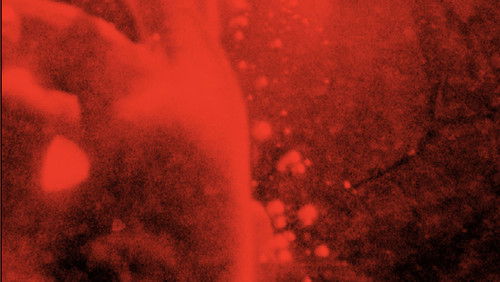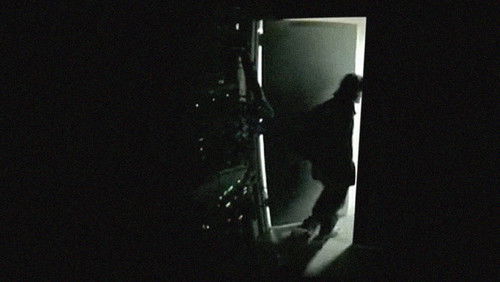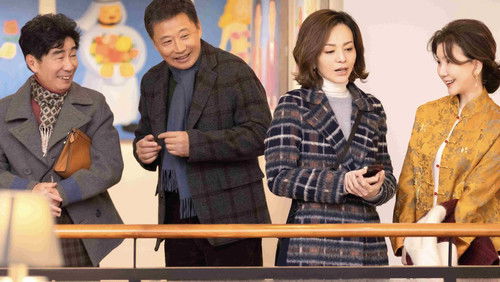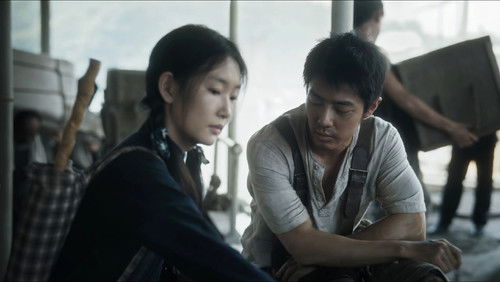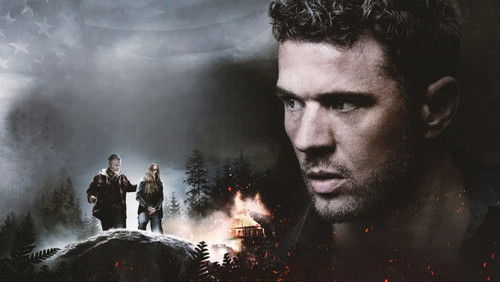The Iceman Cometh (1973)
17KThe Iceman Cometh: Directed by John Frankenheimer. With Lee Marvin, Fredric March, Robert Ryan, Jeff Bridges. A salesman with a sudden passion for reform has an idea to sell to his barfly buddies: throw away your pipe dreams. The drunkards, living in a flophouse above a saloon, resent the idea.
“One of the brownest movies ever made — brown walls, brown furniture, red-brown faces of the drunken patrons of Harryu0026#39;s Bar — and somehow that feels appropriate, as a lot of it is about autumnal regrets and faded dreams. One in the series of the AFIu0026#39;s American Film Theatre series, itu0026#39;s a very faithful rendering of Ou0026#39;Neillu0026#39;s great play, with one original Broadway cast member (Tom Pediu0026#39;s bartender) and loads of good casting throughout. John Frankenheimeru0026#39;s camera is thrust right up at the actorsu0026#39; faces, and you keep looking for artifice or melodrama, but, with the exception of Sorrell Bookeu0026#39;s sodden Hugo, thereu0026#39;s very little. Fredric Marchu0026#39;s deluded Harry Hope, Robert Ryanu0026#39;s despairing ex- revolutionary Larry, Jeff Bridgesu0026#39; guilt-ridden student (a very difficult role for a young actor, especially in company as august as this) — all have the ring of truth, and once you get used to the deliberate pacing, repetitive arguments and apologies, and startlingly frank language for a 1946 play, youu0026#39;re hooked. As to Lee Marvinu0026#39;s Theodore Hickey: I was convinced up to his famous Act Three monologue, but he stumbles here, launching into badly calibrated fits of temper and back again. Compare it against Jason Robards Jr.u0026#39;s interpretation in the 1960 Sidney Lumet-directed TV version, and youu0026#39;ll see the difference between a good actor overreaching and a master in a role he was born to play. (I also saw Kevin Spaceyu0026#39;s attempt on the stage a few years ago: He played Hickey like Professor Harold Hill, all bluster and forced charisma, and it didnu0026#39;t work.) A depressing four hours, but worthy, and a rich sample of the actoru0026#39;s art.”
